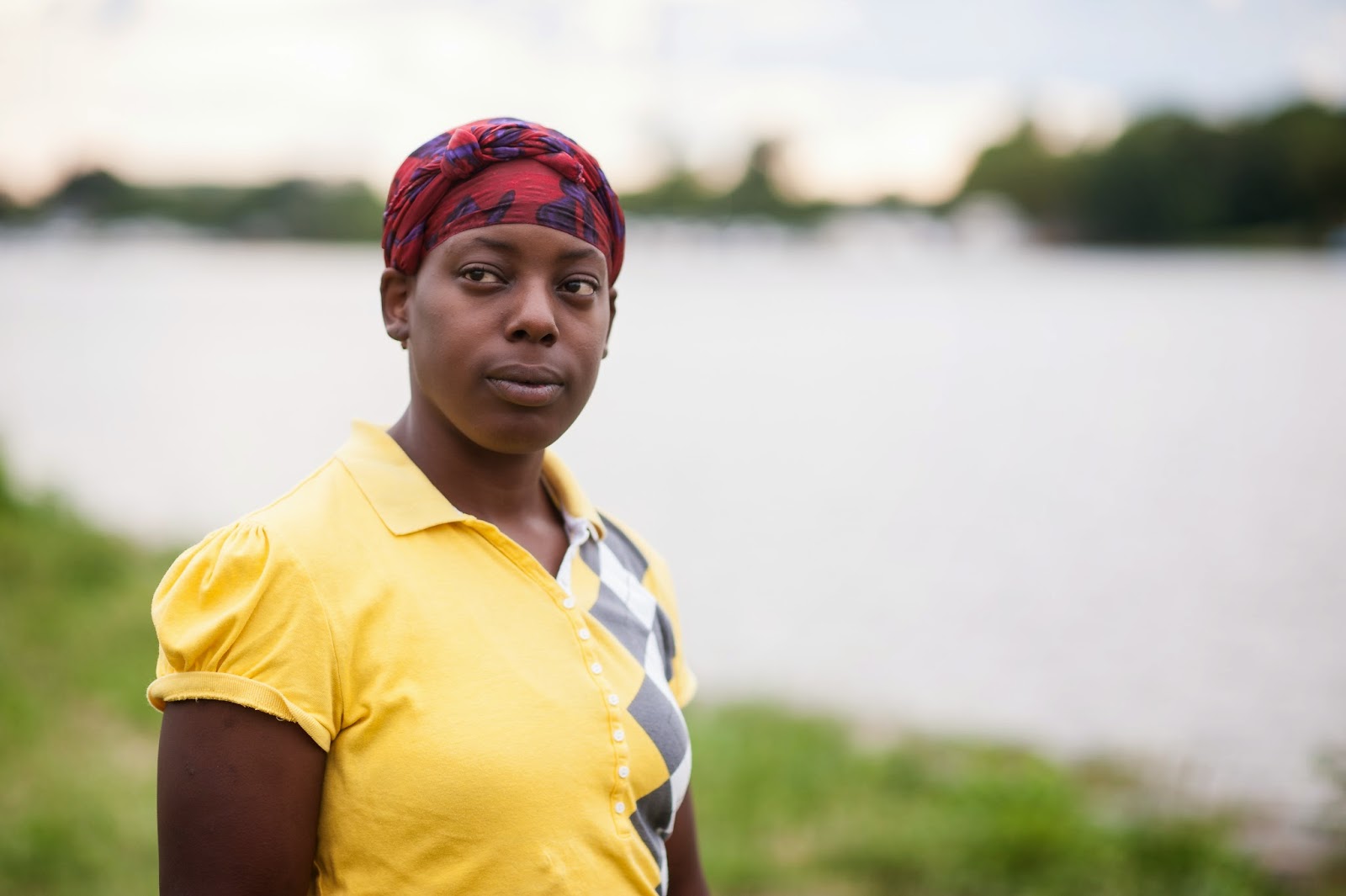 |
| Photo taken by Tina Dela Rosa of Charmia Carolina and her child. |
We end our Youth
Homelessness Awareness Month blog series with a guest post from policy analyst
Kate Coventry of the DC Fiscal Policy Institute.
According to the Community Partnership for the
Prevention of Homelessness, 661 families applied for shelter during the
FY2013 Hypothermia Season and the number is predicted to grow to 820
families during FY2015. Of those families experiencing homelessness, nearly half are headed by a parent 24 years or younger.
______________________________________________________________________________
No one knows exactly why this is happening, but a clear factor is DC’s uneven economic recovery that has left many residents, including young people, behind. Young workers face a 16 percent unemployment rate, nearly double that of older workers. And wages have fallen since 2008 for residents other than those with a college degree. These worsening job realities and DC’s increasing lack of affordable housing undoubtedly are making it difficult for young families to make ends meet.
Other cities are finding that young parents need tailored services. Like the District, Hennepin County (Minneapolis), helps most families exit shelter with Rapid Re-housing, a program that combines rental assistance and case management for generally up to 12 months. But because they found the program does not work well for youth-headed households, they are piloting a program with more intensive case management, life skills training, and education on how to support their child’s development. Additionally, young families can remain in the program for up to 24 months.
It is likely that young families in the District also need special help. Yet it is not clear what added interventions are needed, because the city has not done much to assess the circumstances of youth-headed homeless families. In April, a coalition of community organizations, including DCAYA and DCFPI, recommended that DC release data on the Rapid Re-housing outcomes for young parents, but this still has not happened.
As the District takes more steps to reduce family homelessness, we recommend the District do more to understand why so many young families are seeking shelter, and then review its assessment tool and case management services to make sure they are sensitive to the special circumstances of young families.
The DC Fiscal Policy Institute conducts research and public education on budget and tax issues in the District of Columbia, with a particular emphasis on issues that affect low- and moderate-income residents. Kate Coventry is a DCFPI policy analyst who focuses particularly on TANF benefits, Interim Disability Assistance (IDA), and homelessness.
For more on youth issues in DC you can FOLLOW us on Twitter, LIKE us on Facebook,SUBSCRIBE to this blog and VISIT us at www.dc-aya.org.


No comments:
Post a Comment